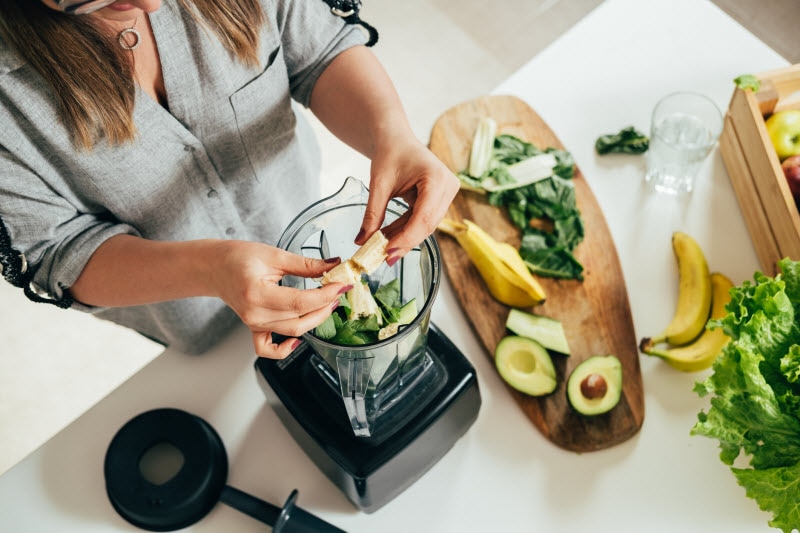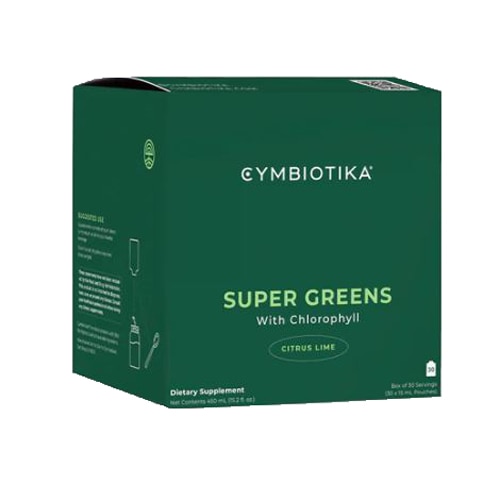[vc_row][vc_column][vc_column_text]The key to living a longer life could be in your refrigerator and on your plate. Or maybe it’s missing from your refrigerator and your plate.
A growing body of evidence shows eating too little or too much of certain things can boost the risk of developing life-threatening diseases. For instance, researchers attribute consumption of
too much salt to a higher risk of heart disease,
diabetes and other conditions, while they attribute consumption of too few nuts and seeds to many of the same ailments.

Nutrition and disease prevention
A groundbreaking
study published in 2017 found that nearly half of the U.S. deaths in 2012 were caused by so-called cardiometabolic disease connected to less-than-ideal eating habits. Cardiometabolic disease (actually a group of common but preventable disorders)
causes nearly one-third of the world’s deaths, making it the leading killer of people.
The study found that of the 702,308 deaths of U.S. adults in 2012 due to heart disease, stroke and type 2 diabetes, 45% “were associated with inadequate consumption of certain foods and nutrients widely considered vital for healthy living, and overconsumption of other foods that are not.”
Here’s the study’s breakdown of the biggest dietary culprits in terms of cardiometabolic disease:
- Overconsumption of salt, 9.5% of deaths
- Insufficient amount of nuts and seeds, 8.5% of deaths
- Insufficient amount of seafood omega-3 fats, 7.8% of deaths
- Insufficient amount of vegetables, 7.6% of deaths
- Insufficient amount of fruits, 7.5% of deaths
- Insufficient amount of whole grains, 5.9% of deaths
- Insufficient amount of polyunsaturated fats, 2.3% of deaths
Consuming too much processed meat (8.2%), too many sugar-sweetened beverages (7.4%) and too much unprocessed red meat (0.4%) also raises the risk of death related to heart disease, stroke, and type 2 diabetes, according to the study.
Maintaining a healthy diet
To reduce risks linked to cardiometabolic disease, the National Institutes of Health advises:
- Cutting back on consumption of salt, sugar and unhealthy fats.
- Eating more vegetables, fruits, whole grains and fat-free or low-fat dairy products.
- Adding more lean meats, poultry, fish, beans, eggs and nuts.
- Limiting saturated and trans fats.
American Fitness Professionals & Associates (AFPA), a provider of education and certification for fitness, nutrition and wellness professionals,
emphasizes that sticking to a healthy diet can decrease the incidence of all sorts of chronic diseases. In the U.S., six in 10 people have a chronic disease and four in 10 people have at least two chronic diseases, AFPA says.
AFPA stresses, though, that no one should single out specific foods and either assign them full blame for global health problems or believe they can fix our health problems.
“Foods and nutrients are not inherently ‘good’ or ‘bad.’ Foods are just foods. No one food can make or break your health,” AFPA says. “We do know, however, that the frequency and quantity with which we eat or don’t eat certain foods on a regular basis can influence our health.”
Dietary factors tied to cancer
Although cancer — the No. 2 cause of death in the U.S. — isn’t included in the cardiometabolic disease group, its relationship to dietary factors is undeniable.
Frederick Health, a health care provider in Maryland,
notes that as many as 30% of cancer cases are related to poor dietary habits. On its own, obesity is linked to at least 13 kinds of cancer, including
breast cancer, colorectal cancer and endometrial cancer.
Diets high in processed meats, fried foods, full-fat dairy, sugar and refined carbs are all associated with a greater risk of cancer, according to Frederick Health. To lower your cancer risk, Cancer.net
advises adhering to a diet rich in plant-based foods, antioxidants and dietary fiber.
While no single food can prevent cancer, the American Institute for Cancer Research lists a virtual grocery cart full of
foods with cancer-fighting benefits. Among them are:
- Apples
- Blueberries
- Broccoli
- Carrots
- Coffee
- Grapefruit
- Grapes
- Kale
- Legumes (peas, dry beans and lentils)
- Oranges
- Raspberries
- Spinach
- Strawberries
- Tea
- Tomatoes
- Walnuts
- Whole grains
The center’s list of foods to limit as part of a cancer-resisting diet includes:
- Alcohol
- Processed meat
- Red meat
- Sugary drinks
“Decades of research suggests that the best diet for cancer prevention is all about plants. That means lots of fruits, vegetables and legumes, and little to no meat or other animal products,” the Mayo Clinic
says.[/vc_column_text][/vc_column][/vc_row][vc_row][vc_column][vc_text_separator title="Featured Products" border_width="2"][vc_row_inner equal_height="yes" content_placement="middle" gap="35"][vc_column_inner width="1/3"][vc_single_image image="162316" img_size="full" alignment="center" onclick="custom_link" img_link_target="_blank" css=".vc_custom_1663008443195{padding-right: 7% !important;padding-left: 7% !important;}" link="https://www.vitacost.com/greens-plus-organics-superfood-8-46-oz-1"][/vc_column_inner][vc_column_inner width="1/3"][vc_single_image image="162320" img_size="full" alignment="center" onclick="custom_link" img_link_target="_blank" css=".vc_custom_1663008467260{padding-right: 7% !important;padding-left: 7% !important;}" link="https://www.vitacost.com/vitacost-root2-42-fruits-vegetables-1-4-g-per-serving-180-capsules"][/vc_column_inner][vc_column_inner width="1/3"][vc_single_image image="162318" img_size="full" alignment="center" onclick="custom_link" img_link_target="_blank" css=".vc_custom_1663008484914{padding-right: 7% !important;padding-left: 7% !important;}" link="https://www.vitacost.com/force-factor-smarter-greens-soft-chews"][/vc_column_inner][/vc_row_inner][/vc_column][/vc_row]




